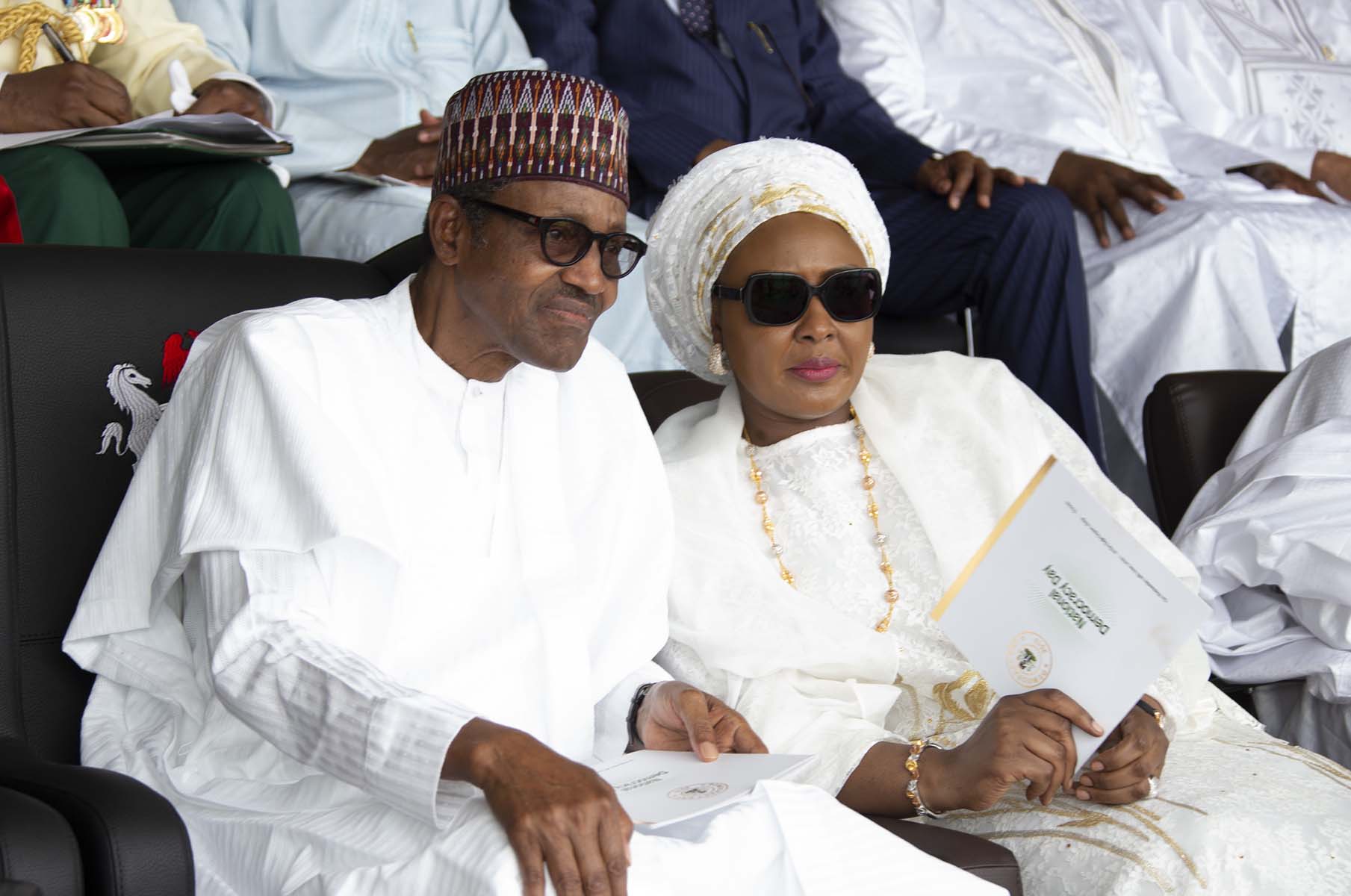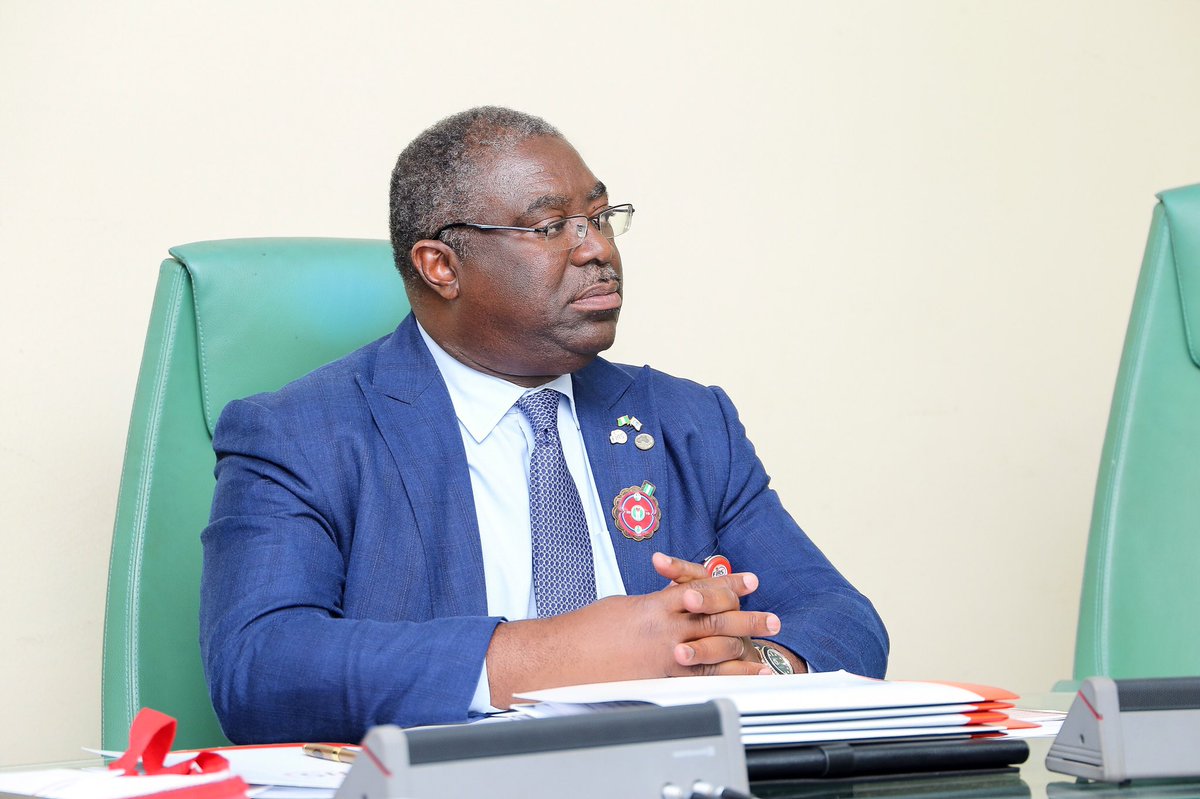BY JONATHAN EKHATOR
As the sun sets behind the hills of Oke Aladie village, one of the first communities certified as open defecation free (ODF) in Nigeria, Simbiat Afolabi, rises from her sitting position to address a group of women gathered for hygiene promotion sessions.
Afolabi is one of the volunteer hygiene promoters trained by the Local Government Area (LGA) Water, Sanitation, and Hygiene (WASH) Department to promote safe hygiene behavior in communities.
As a volunteer, her goal is to ensure that the members of her community embrace safe hygiene practices as the norm.
Advertisement
“I don’t want us to go back to the times when we use to defecate in the open and don’t care about washing our hands after using the toilet or before cooking and eating,” Afolabi said.
Although her community has been declared open defecation free, efforts are still being put into ensuring that they maintain their ODF status. The WASH unit facilitators, with support from UNICEF provide trainings on safe hygiene practices such as proper handwashing at critical times.
In Nigeria, about 50 per cent of the population live in rural areas. But this group of people are disproportionately served and have less access to WASH services than their counterparts in the urban areas.
Advertisement
According to the 2018 WASH National Outcome Routine Mapping (WASH-NORM) conducted by the Federal Ministry of Water Resources and National Bureau of Statistics with support from UNICEF, only 26 per cent of the rural population in Nigeria have access to basic water and sanitation services compared to 45 per cent in urban areas and 30 per cent of rural population practice open defecation compared to 11 per cent in urban areas. Thus, those living in rural areas are about two times less likely to access basic water and sanitation services and are three times more likely to defecate in the open than those in urban areas. If Nigeria is to end open defecation by 2025 and meet the SDGs on water and sanitation by 2030, attention must be given to improving access to WASH services in rural communities.
With the adoption of the “Clean Nigeria: Use the Toilet” campaign by the government in May 2019, the momentum to revitalize the WASH sector is growing. UNICEF, through the support of the European Union, DFID and DGIS, is supporting many rural communities to tackle issues related to open defection and poor sanitation and hygiene practices. Through the Community-Led Total Sanitation with Sanitation Marketing and Financing (CLTS++) approach propagated by UNICEF and adopted by the government in 2016, LGA WASH units visit rural communities to facilitate community dialogue processes on open defecation using participatory tools. This enables community members analyze and appraise their sanitation and hygiene situation. During this process, people often realize that they have been eating and drinking food and water contaminated by their own feces. They are also made aware of the negative health, social and economic impacts of poor hygiene practices. To tackle the issue, they all work in collaboration to draw up an action plan to end open defecation in their communities and adopt local solutions for all households to own and use a toilet. Communities and their leaders, with support from state agencies and LGA WASH units, build and strengthen supply chains, link sanitation entrepreneurs to households and create financing opportunities for households to scale up the uptake of improved toilets in their communities.
With the critical role of women in promoting WASH services clearly defined and recognized, women in these rural communities have been placed at the heart of CLTS++ activities. Like Afolabi, these women serve as volunteer hygiene promoters, community influencers, toilet business owners, and key Adashe (community local savings and loans group) and WASH Committee members, who have supported many communities to end open defecation. With support from UNICEF, 8 LGAs (out of 13 ODF LGAs) and over 18,000 communities have attained their ODF status, and the proportion of improved latrines has increased from 40 per cent to over 60 percent since 2016. Narrowing down to Oke Aladie village, all households now own and use a latrine and practice safe hygiene and handwashing at critical times as a result of the influence of women who are amongst the key community leaders that lead the CLTS++ process. A similar trend is taking place in all the 160 communities under Ifedayo LGA. This LGA is on its way to becoming the first to attain LGA-wide open defecation free status in southwest Nigeria.
While these may be early days in the journey to an open defecation free Nigeria, lessons from women in Oke Aladie village who are driven by their passion to see their communities become open defecation free is a beacon of hope for the country. Engaging women in CLTS++ processes such as toilet business owners, WASH entrepreneurs, sanitation or hygiene officers, WASH facility caretakers, amongst other activities, has played vital roles in boosting community ownership of WASH services and women empowerment. Government at all levels, with the support of partner organizations, should continue to engage rural women when facilitating community action to promote safe hygiene and end open defecation in Nigeria.
Advertisement
Ekhator is a WASH specialist at UNICEF Nigeria
Views expressed by contributors are strictly personal and not of TheCable.
Add a comment






